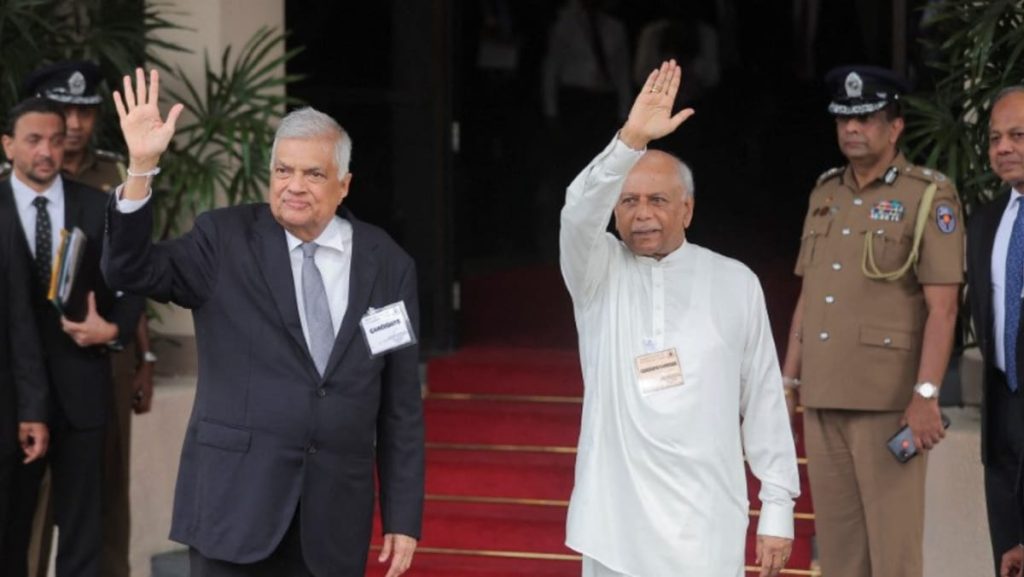Thirty-nine candidates submitted nominations for Sri Lanka’s presidential election, which is crucial for guiding the country out of a severe financial crisis. The election, scheduled for Sep 21, will be the first major poll since Sri Lanka faced economic turmoil, leading to a default on its foreign debt in 2022. The Election Commission expressed confidence in a peaceful and transparent election, seeking support from political parties, media, civil society, and the public.
The 40 candidates, including two Buddhist monks, registered with the election panel to contest the upcoming vote. This marks one of the highest figures of monks participating in an election. Among the 40 candidates, 39 submitted their nomination papers at the Election Commission to gain approval for launching their campaigns. With around 17 million eligible voters in Sri Lanka, the upcoming election will play a significant role in shaping the country’s future amidst the ongoing financial crisis.
The current economic situation in Sri Lanka has been challenging, with the country running out of foreign reserves and facing a severe economic downturn. The default on foreign debt in 2022 further worsened the situation, highlighting the urgent need for stable governance and economic reforms. The upcoming presidential election is seen as a critical opportunity to address these economic challenges and chart a new path towards recovery and stability.
The Election Commission, led by chairman R M Ratnayake, emphasized the importance of support from various stakeholders to ensure a peaceful and transparent election process. This includes political parties, media, civil society, and the general public, who play essential roles in upholding the integrity of the electoral process and ensuring fair and free elections. Transparency and accountability in the electoral process are crucial for fostering trust and confidence among voters and ensuring a smooth transition of power.
The high number of candidates participating in the presidential election reflects the diversity of political opinions and aspirations within Sri Lankan society. With various candidates representing different ideologies and backgrounds, voters have a range of choices to consider when casting their ballots. This diversity in candidates can enrich the democratic process and provide voters with a broad spectrum of options for selecting their future leader.
As Sri Lanka prepares for the upcoming presidential election, the country faces significant challenges in terms of economic recovery and political stability. The outcome of the election will have far-reaching implications for the country’s future, especially in terms of addressing the financial crisis, restoring investor confidence, and promoting sustainable development. It is essential for all stakeholders to work together to ensure a fair and transparent electoral process, thereby laying the foundation for a peaceful transition of power and a new chapter in Sri Lanka’s history.


